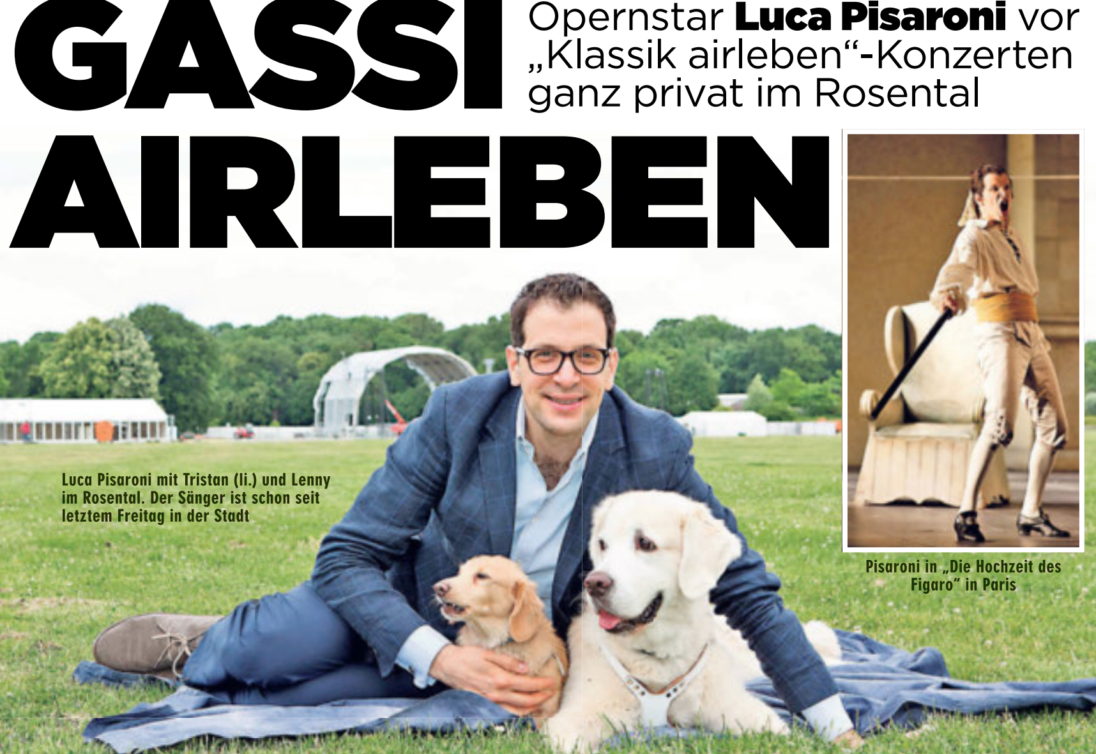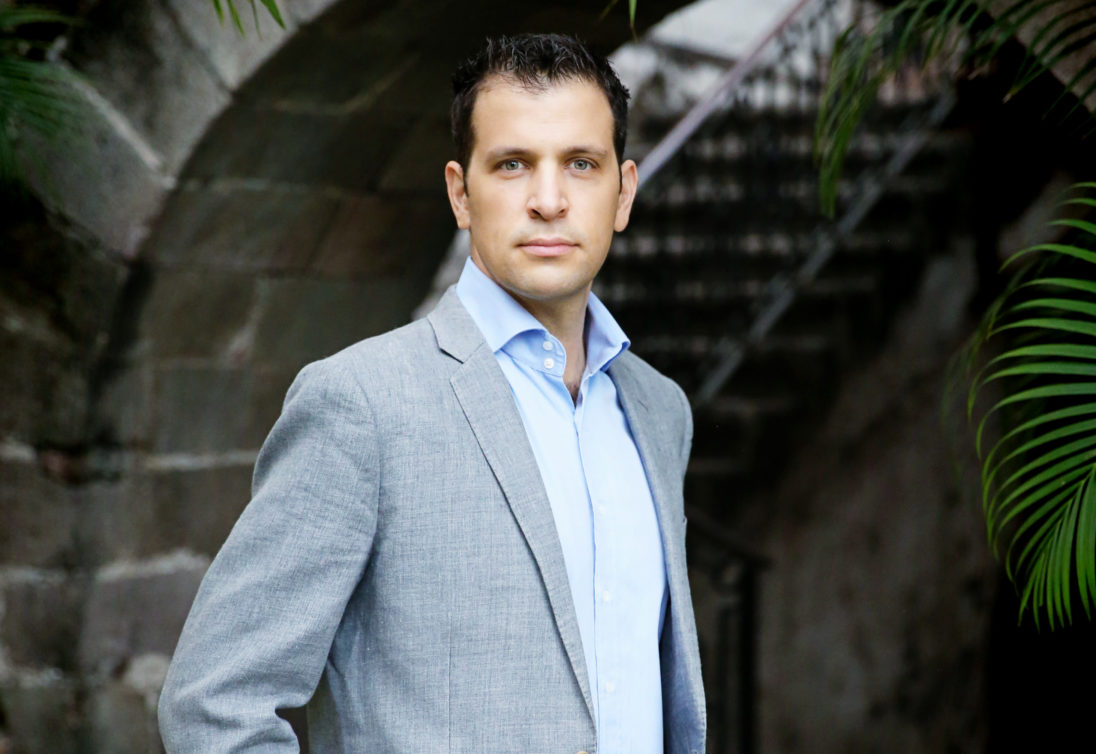Luca Pisaroni: Baritone at Full Throttle
ScrollAt the age of 11, a boy in Busetto, Italy saw a television commercial with Luciano Pavarotti and fell in love with opera. Lucky for him, Busetto is not only the hometown of composer Giuseppi Verdi, but the home of the great tenor Carlo Bergonzi. So as a teenager, while other kids were playing soccer or listening to pop music, this boy was sitting in Bergonzi’s studio observing lessons, absorbing bel canto wisdom from a master. Later, bass baritone Luca Pisaroni would have auspicious debuts with great conductors who would help shape his artistic sensibility, Nicolas Harnoncourt in Salzburg, and James Levine at the Metropolitan Opera, to name just a pair.
“Tutto è tranquillo e placido” is a favorite line of Pisaroni’s from The Marriage of Figaro,one of his signature roles, but the singer’s life is more active and exciting than tranquil and peaceful at the moment. His repertoire is vast, including 48 roles. The son-in-law of baritone Thomas Hampson, Pisaroni is as passionate about song and concertizing as his famous father-in-law, and the two sometimes perform together under the heading, “No Tenors Allowed!” Like Hampson, and most singers these days, Pisaroni makes his home largely on the road. Pisaroni and his wife, Catherine, travel with their two dogs, a miniature dachshund named Tristan and a golden retriever named Lenny 2.0.
With Don Giovanni and Rigoletto playing at the opera house, San Francisco is rich in bass baritones this month, but the opportunity to hear Berlioz’s Roméo e Juliette at the San Francisco Symphony is one that San Franciscans are sure to jump at. It is less commonly performed, like much of the diverse and interesting music that comprises Pisaroni’s repertoire.
He spoke with SFCV via Skype from his home in Vienna.
Carlo Bergonzi told you to wait to train your voice, and you did. Tell us about when he gave you that advice, and was it hard for you to wait, because you were so passionate about opera already?
I grew up in Busetto, and Bergonzi lived in Busetto, and he had an Academia so he was giving master classes all the time. So I would go to school, eat as fast I could, do my homework as fast as I could, and then I would run to his hotel, I Due Foscari, and listen to him giving lessons for hours. [Bergonzi opened this hotel, named for an early Verdi opera.] I used to do that as a kid. I loved to listen to him teach. Then, eventually, I asked if he would listen to me, and he said, ‘How old are you?’ and I said, ‘14.’ And he said, ‘You know, a man changes his voice between 14 and 18, so I think you need to wait.’ And I said, ‘It’s not going to be easy,’ and he said, ‘I know, but you really have to wait. There’s nothing else to do. You just have to let your voice change.’ And then I tried again when I was 17, and I realized that I was not a tenor anymore, and my voice had gone down. And then, at 18, I started studying with a teacher.
Read more at SFCV.org

